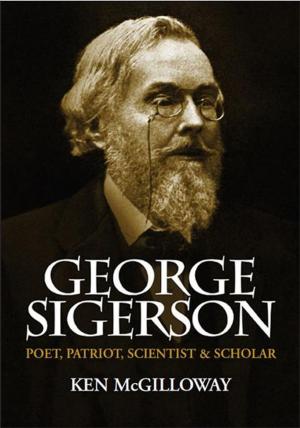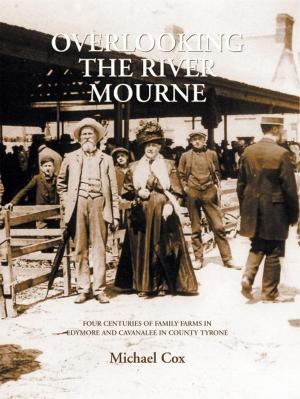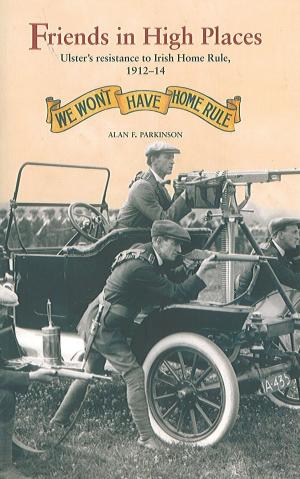| Author: | W.H. Crawford | ISBN: | 9781908448248 |
| Publisher: | Ulster Historical Foundation | Publication: | January 25, 2012 |
| Imprint: | Ulster Historical Foundation | Language: | English |
| Author: | W.H. Crawford |
| ISBN: | 9781908448248 |
| Publisher: | Ulster Historical Foundation |
| Publication: | January 25, 2012 |
| Imprint: | Ulster Historical Foundation |
| Language: | English |
The domestic linen industry left an indelible imprint on Ulster history. It was introduced by colonists from the north of England in the seventeenth century, before the arrival of the Huguenots, and encouraged by the landlords to improve their rentals.
Earnings from raising flax, spinning yarn and weaving cloth, provided farming families with regular incomes that enabled them to lease small farms and improve marginal land. Continual improvements by Ulster bleachers in the finishing of linens secured for them control of the industry, focussing its development.
Exports to Britain first through Dublin and then direct to Liverpool and London, created a merchant class and underpinned the development of Belfast and the provincial market towns. By 1800 Ulster was reckoned to be the most prosperous province in Ireland. It was also the most densely peopled with a population of two million in 1821, almost equal to that of Scotland.
The domestic linen industry left an indelible imprint on Ulster history. It was introduced by colonists from the north of England in the seventeenth century, before the arrival of the Huguenots, and encouraged by the landlords to improve their rentals.
Earnings from raising flax, spinning yarn and weaving cloth, provided farming families with regular incomes that enabled them to lease small farms and improve marginal land. Continual improvements by Ulster bleachers in the finishing of linens secured for them control of the industry, focussing its development.
Exports to Britain first through Dublin and then direct to Liverpool and London, created a merchant class and underpinned the development of Belfast and the provincial market towns. By 1800 Ulster was reckoned to be the most prosperous province in Ireland. It was also the most densely peopled with a population of two million in 1821, almost equal to that of Scotland.















